01 Benefits of using cold pressed oil
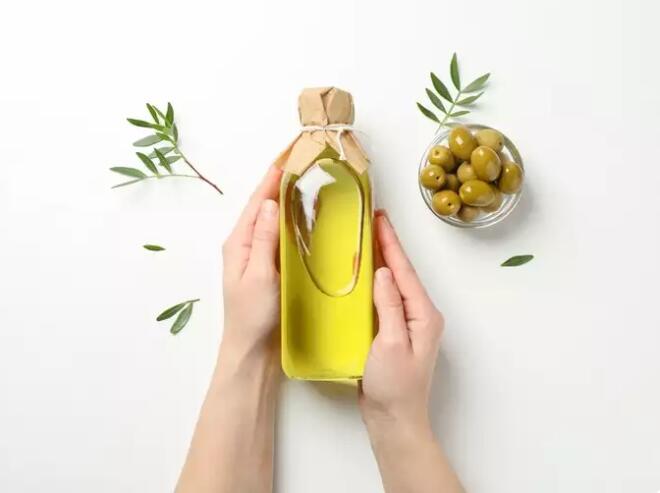
A lot has been already said about the many benefits of cold pressed oils. From being healthier to more nutritious as compared to hot pressed versions, cold pressed oils are widely adopted by people across nations. Cold pressed oils are obtained naturally by crushing oil seeds at room temperature. There is no extra heat and chemicals required, which makes them the healthiest variant of oil available to us. Also, the acid value is relatively low, so oil products are obtained after precipitation and filtration.
02 History of cold pressed oil
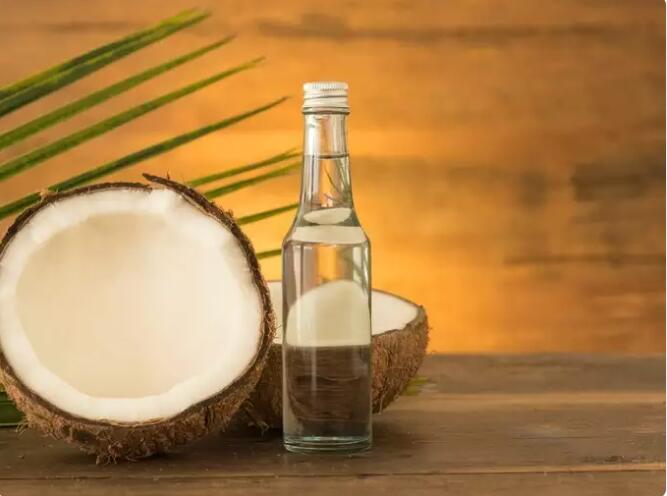
Do you know that the origins of the Cold Pressed oil can be traced down to the Indus Valley Civilization? Yes, you read that right. Charred sesame seeds and oil-pressing machines were found in the ruins of Harappa. After examination, they were dated to be more than 5000 years old!
‘Chekku’, ‘Ghani’ and ‘Kolhu’ oil are some colloquial words used in India to describe cold pressed oil. Infact, in olden times, a long cylindrical instrument known as ‘ghani’ was used to extract oil from oilseeds. According to the book ‘A Historical Dictionary of Indian Food’ by K.T. Achaya, ‘ghani’ was a mortar and pestle device made of stone or wood that people used to crush oilseeds.
03 Difference between cold pressed and hot pressed oil
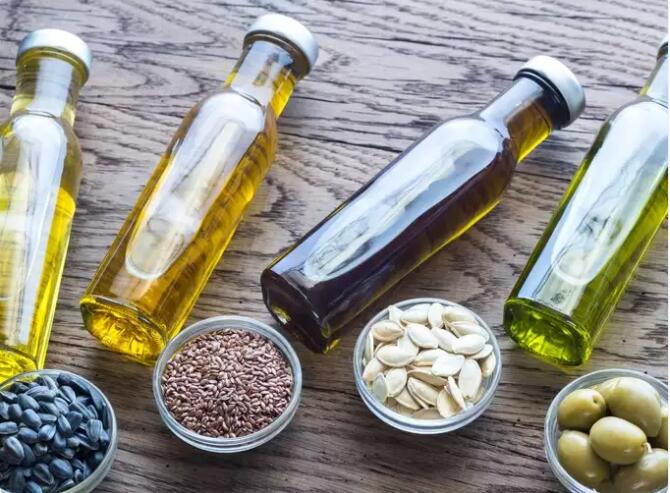
Cold pressed oil- In this oil seeds are crushed slowly to extract oil from them naturally. This is done to retain the nutrients and flavours.
Hot pressed oil- In this oil is extracted by using high heat (200°C) and chemical solvents. Due to chemicals and heat, most of the nutrients and flavours are lost.
04 Are cold pressed oils healthier?
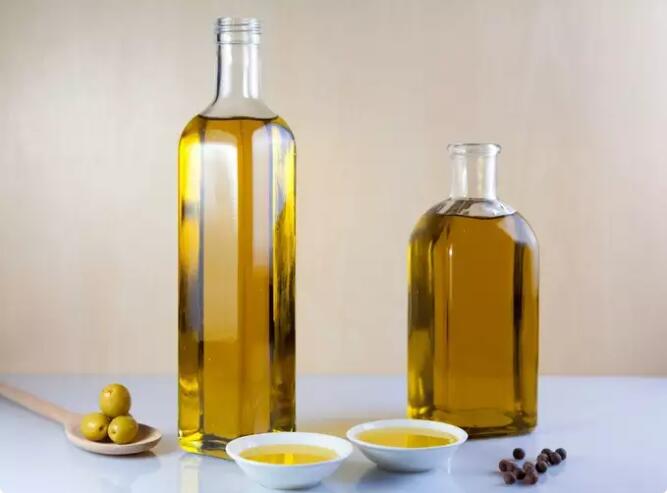
05 Can they replace regular cooking oils?
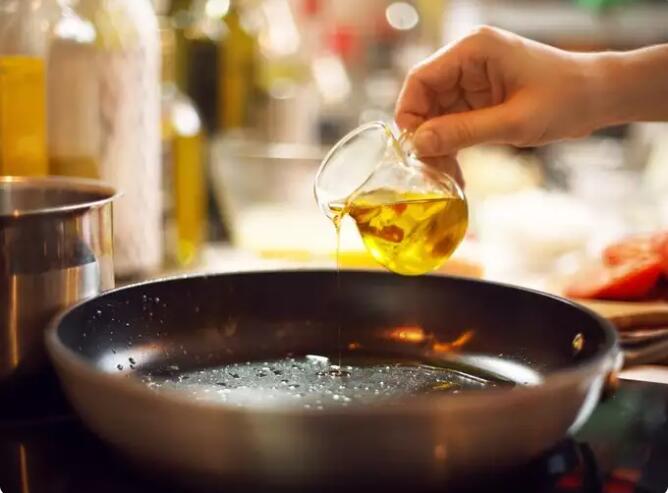
There are a number of oilseeds from which we can naturally obtain oil without tampering with their nutritive capacity. Some of these seeds are- sesame seed, peanut, sunflower seeds, canola, coconut and olive. You can easily replace your regular cooking oil with any of the cold pressed variants. There are some oilseeds that cannot yield oil through cold pressing, such as rapeseed (canola), soybean, corn, sunflower and safflower.
When cooking, cold pressed oils do not foam or silt, while it is possible for hot pressed oil to undergo these changes. Make sure you don’t expose these oils to high heat and use them to cook foods which are prepared on low to medium heat. If you use these oils for deep frying, the unsaturated fats may break down, making them unsafe for consumption.
